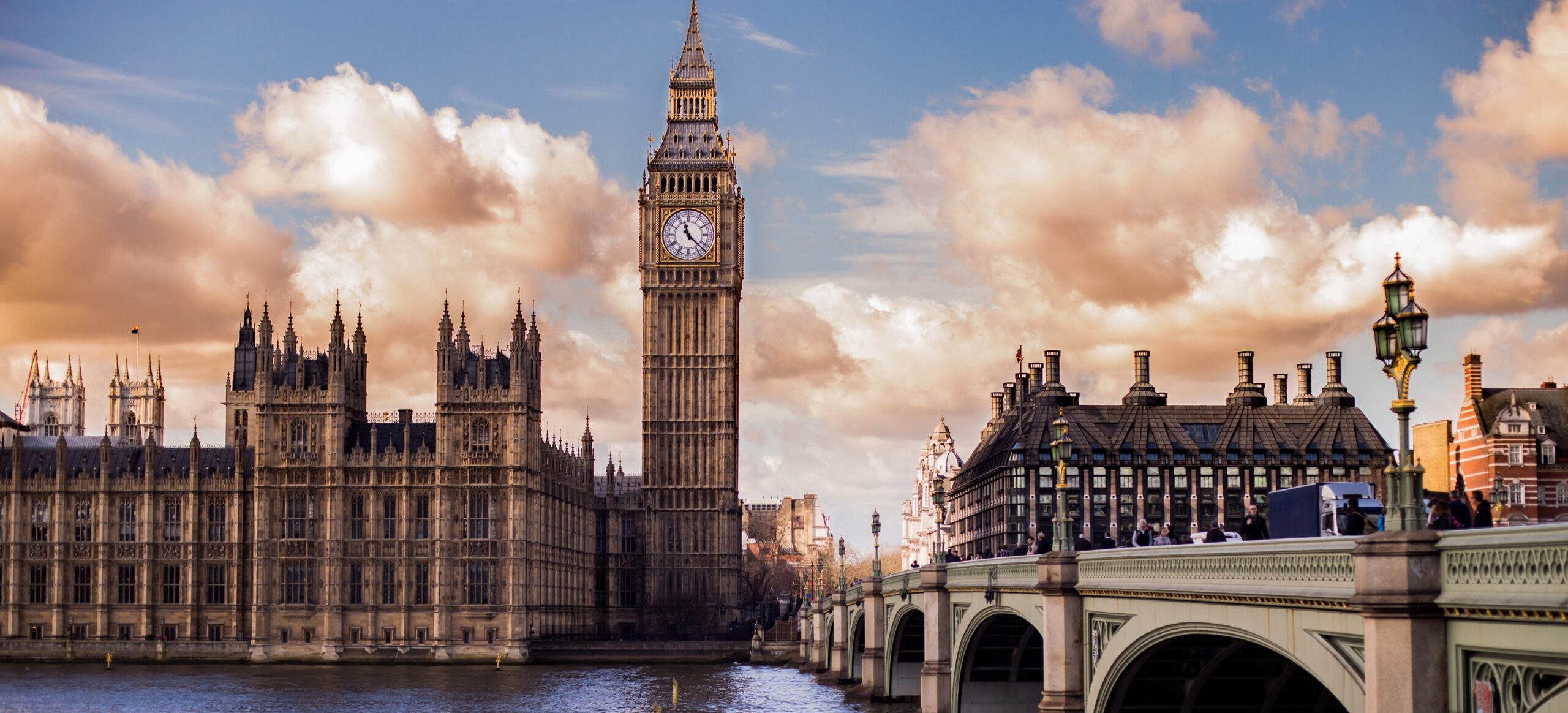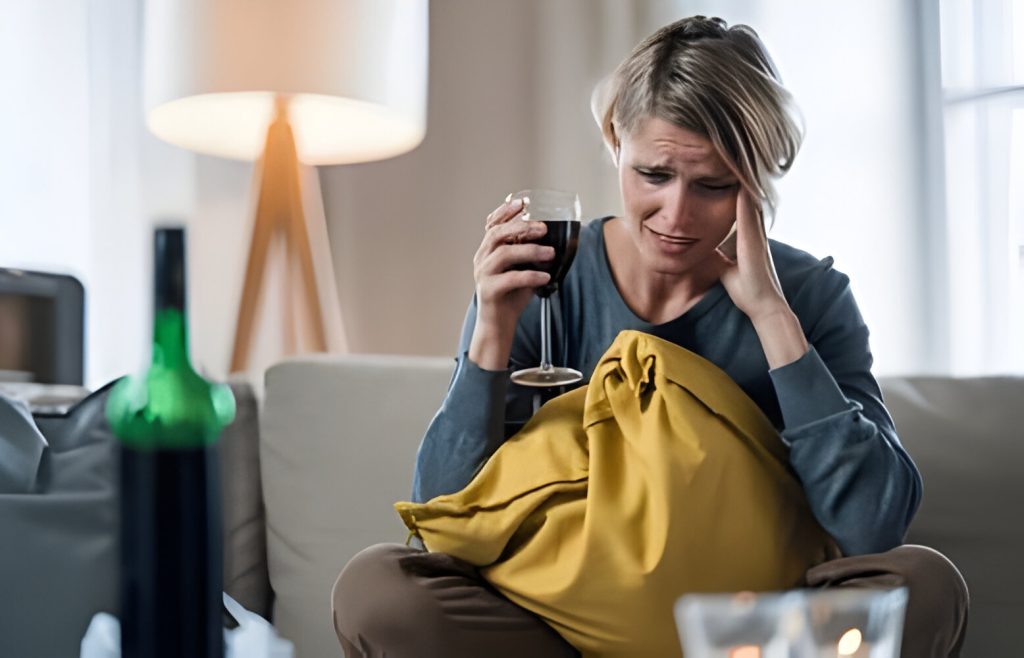- KNOWLEDGE BASE
- EATING DISORDERS
- General Topics
- No posts found for the specified taxonomy and term.
- General Topics
- EATING DISORDERS

SWISS MEDICAL EXPERTISE: ZURICH, MALLORCA, LONDON, MARBELLA


CONDITIONS WE TREAT
PROGRAMS
Intensive residential treatment program starting from 4 weeks. Location: Mallorca, Zurich, London.
Comprehensive second opinion assessments for both psychiatric and general health concerns. Location: Mallorca, Zurich, London
ADDITIONAL INFORMATION





10 Minutes
CONTENTS
Alcohol is one of the most commonly used substances in the world, with millions of people using it to socialize and relax. However, for many, the experience can be marred by a troubling anxiety session, often known as hangover anxiety or anxiety after drinking. The phenomenon involves experiencing heightened levels of anxiety soon after drinking, usually significant enough to impact mental health and well-being. [1]
Understanding what causes anxiety after drinking, the possible symptoms and the impacts can help individuals develop the necessary skills to manage and possibly prevent it.
Alcohol is a depressant of the central nervous system, meaning it slows down neural activity and brain function. While this slowing down initially causes euphoria and relaxation, these calm feelings eventually convert to anxiety as the body continues to process alcohol.
Following are some effects of alcohol on the body which may potentially trigger anxiety after drinking:
Alcohol can directly affect certain neurotransmitter chemicals in the brain, including glutamate and gamma-aminobutyric acid (GABA). While GABA exerts a calming effect on the body, glutamate works the opposite. Alcohol works by elevating GABA activity, which causes relaxation, and decreasing glutamate activity, which reduces excitability. However, when the effects of alcohol wear off, this new balance also reverts to the normal baseline with high glutamine and low GABA levels. This sudden shift can trigger high anxiety levels. [2]
When you drink alcohol, it travels to the liver, which breaks it down through a multi-step process. These steps include the following:
During the alcohol breakdown process, the high levels of acetaldehyde can contribute to hangover issues, including anxiety. Moreover, the process also takes many essential electrolytes and nutrients from the body, which further exacerbates anxiety and other symptoms.
Drinking alcohol can impact several hormones, which ultimately lead to anxiety. Some examples of these hormones include the following:
Alcohol is a diuretic, which means that it removes water from the body by excreting more urine. Consequently, drinking often triggers dehydration while forcing the loss of essential electrolytes. These imbalances in the electrolytes, coupled with dehydration, can contribute to the development of anxiety. [3]
Drinking alcohol can severely impair the sleep cycle, reducing sleep quality and triggering feelings of irritability and fatigue the following day. Research also confirms the connection between poor sleep and heightened anxiety levels.
Drinking alcohol can cause fluctuations in the blood sugar. It mainly causes the blood sugar to drop, a condition called hypoglycemia, which makes a user sweaty, anxious, and shaky.
Nutritional imbalances and nutrient deficiencies can affect mood. For instance, research proposes a link between folic acid deficiency and anxiety and depression. [4] It is important to remember that drinking can also cause folic acid levels to drop, which may further exacerbate the issue.
Certain medications, such as those for anxiety management and reducing inflammation, can interact with alcohol and become less effective. When these medications are unable to do their job correctly, it may cause anxiety to rebound, making people restless, agitated, and anxious.
Many people wake up with a fuzzy memory after an alcohol session. With no clear recollection of the night before, many people have racing thoughts about what they did, what others saw, and what they will think about them. Such people may also worry about doing something while drinking that may have made others angry or disappointed and may regret engaging in drinking. These worries and regrets can trigger anxiety and exacerbate it if it has already kicked in.
Most people normally expect to feel at rest and relaxed after drinking. When things do not go as anticipated, they may worry and fear as they struggle to understand why they are feeling anxious instead of calm and relaxed.
Anxiety after drinking may manifest in different ways, including mental and physical symptoms. Some of these common symptoms include the following:
Not everyone who drinks alcohol develops anxiety following a drinking session. Even those who feel anxious after having a drink may have variable experiences based on factors such as the following:
Genetic variations can determine how an individual metabolizes alcohol. Some individuals have genetic mutations in the enzymes involved in alcohol breakdown, i.e., ALDH and ADH. These mutations impact how quickly such people can process alcohol and its byproducts, consequently determining the severity of alcohol-related anxiety and its duration.
People with pre-existing anxiety disorders or any other psychiatric issue are more susceptible to experiencing hangover anxiety. For such people, drinking can exacerbate the underlying conditions, making the symptoms more pronounced.
The context of drinking is an essential factor that determines and influences the severity and duration of anxiety levels. Drinking in unfamiliar environments or stressful social situations can increase the possibility of acquiring anxiety.
Regular drinkers typically have a higher tolerance level to alcohol’s effects. As a result, they may drink excessively to achieve the desired effects, worsening the hangover symptoms and causing anxiety in the process.
Experiencing anxiety day after drinking, or hangover anxiety, can affect multiple aspects of a person’s life, such as the following:
Anxiety and other alcoholic hangover symptoms can mess with concentration, cognition, and productivity at work. In the long run, it can lead to poor performance and heightened stress levels. [5]
Poor sleep and chronic anxiety due to regular alcoholic anxiety symptoms can negatively affect physical health. Some long-term side effects include increased risk of cardiovascular disease, weakening of the immune function, and overall reduced well-being.
Anxiety after alcohol can make a person irritable and socially isolated with an unstable mood. All of these symptoms can strain personal and professional relationships by creating conflicts and misunderstandings, which feed the underlying anxiety.
Repeated experiences with alcohol and anxiety can worsen the underlying anxiety disorders and other mental health issues. Many individuals get stuck in a vicious cycle, attempting to drink to relieve anxiety only to experience heightened fear.
Understanding how to manage anxiety after drinking is imperative to maintain physical and mental health. The following strategies can be implemented to alleviate the symptoms and make recovery quicker.
As the most critical aspects of alcoholic anxiety treatment, consider the following tips:
Use physical activity to recover from anxiety after drinking through the following:
Give the body a good chance to rest and recover through the following tips:
Consider using the following tips to boost mental health:
For those who experience anxiety after drinking regularly, experts advise implementing long-term strategies to address the underlying problems and improve overall mental health.
In situations where drinking becomes unavoidable, utilizing the following strategies can help mitigate the risk of feeling anxious following alcohol consumption:
Anxiety after drinking is a multifaceted phenomenon affecting many people from time to time. Understanding the mechanisms and causes can help mitigate its effects, and long-term strategies can be applied to reduce its recurrence in the future. Proper hydration and nutrition, exercise, mindfulness, and rest can provide immediate relief, whereas evaluating drinking habits and seeking professional help may be needed to maintain overall well-being in the long run.
By taking proactive steps to manage anxiety after alcohol consumption, it is possible to reduce its impacts on personal and professional lives and live with well-balanced mental health.
Anxiety can happen after alcohol consumption due to several reasons, such as blood sugar fluctuations, dehydration, imbalances in neurotransmitters, and sleep disruption. All these effects are caused by alcohol which begins to wear off soon after consumption.
Many people believe that drinking alcohol will soothe their minds and release their underlying anxieties. While this effect is noticeable in many cases, it is usually temporary and often leads to the worsening of the underlying issues shortly after the last drink.
The duration of anxiety after drinking can vary, generally from a few hours to a day. Factors such as the type and amount of alcohol consumed, how quickly it was consumed, and individual metabolism may affect this duration. However, if you continue to experience anxiety for days after your last drink, seek professional help to rule out other causes.
Any drink with high levels of congeners, such as dark liquors, whiskey, and wine, is more likely to cause anxiety after a drinking session. Clear spirits like gin and vodka, on the other hand, have fewer congeners and typically cause less severe hangover issues.
COGNIFUL is a leading provider of luxury addiction and mental health treatment for affluent individuals and their families, offering a blend of innovative science and holistic methods with unparalleled individualised care.
We believe in the healing power of a community that brings together collective wisdom and individual insight from collective group sessions and activities. We offer a variety of activities and therapies, from group workshops to communal living experiences, every aspect of our program is designed to foster growth, understanding, and self-improvement.
more infoOur program is uniquely designed to meet your needs, with our team closely monitoring your progress. Our therapists are committed to addressing the underlying causes of your challenges, not just the surface symptoms. This deep, root-level therapy extends beyond your stay with us, ensuring enduring success and well-being.
more infoOur team of specialists integrates the most effective strategies from psychological care and holistic medicine, offering you personalized support. This approach includes a range of complementary therapies, all seamlessly coordinated to work together in a comprehensive, integrative manner for your benefit.
more infoThroughout your stay, our dedicated team will ensure a personalized and nurturing experience, providing continuous support and attention. We are committed to guiding you through every step of this transformative journey.
more infoNestled in a serene location close to the calming embrace of the beach, our luxury residence is designed with healing in mind, featuring private suites that offer an oasis of tranquility. Each suite is crafted to provide a personal sanctuary where individuals can reflect, rejuvenate, and recover in peace.
more infoComplex trauma frequently underlies both mental and physical distress. We offer a secure environment, incorporating integrated trauma treatment techniques to facilitate the healing process.
more info